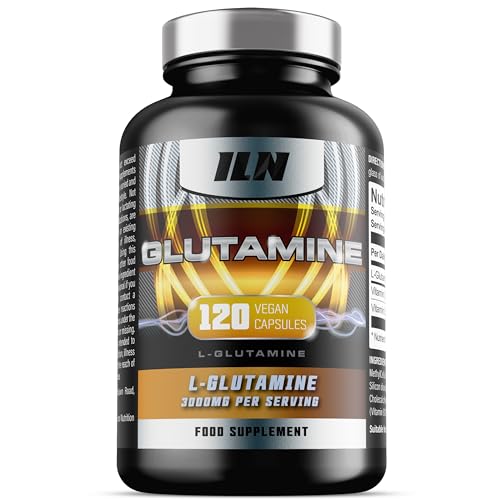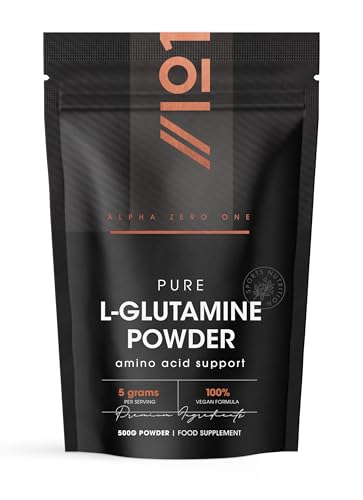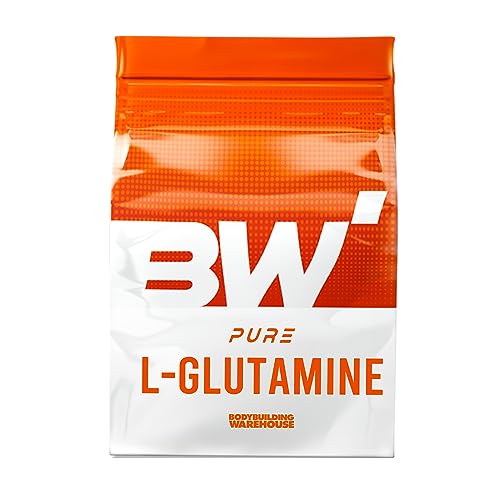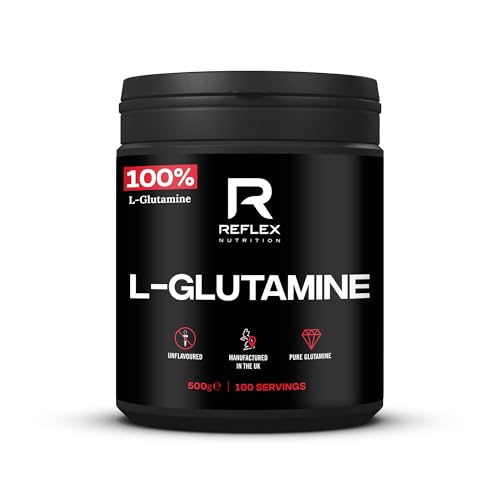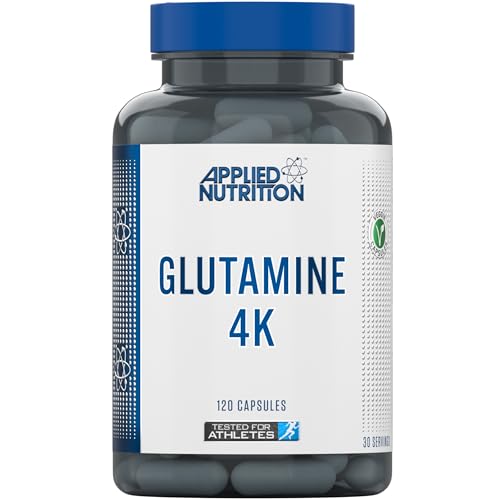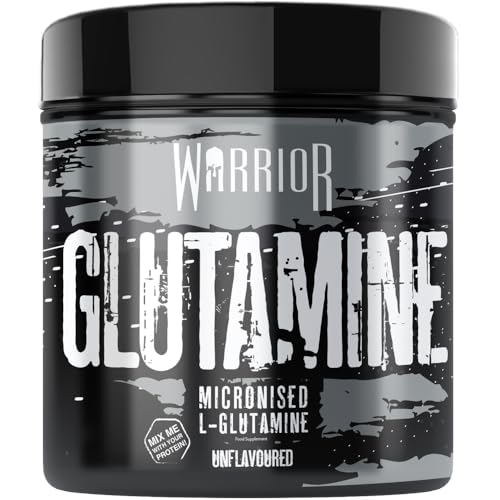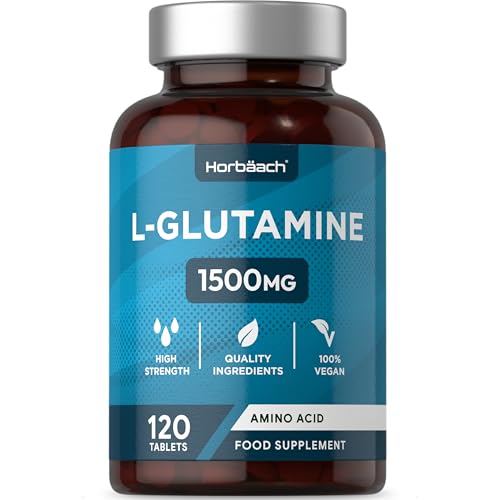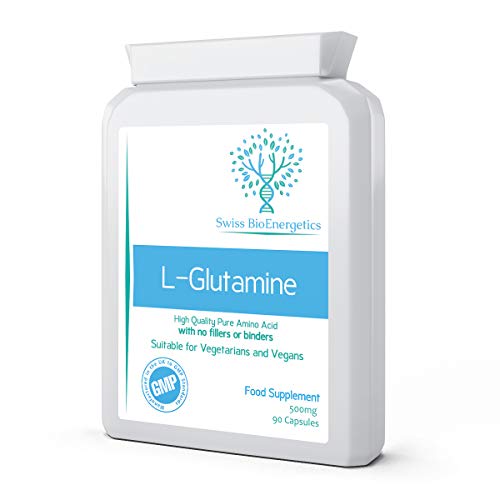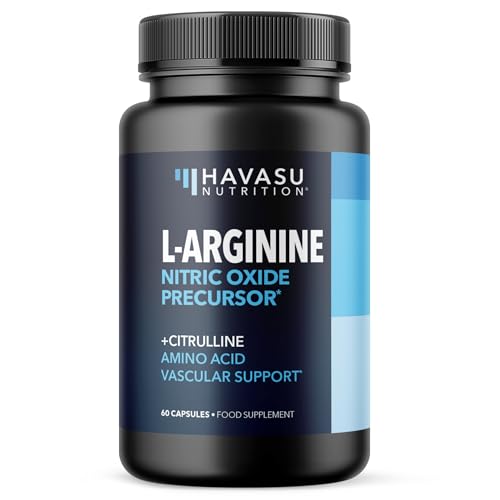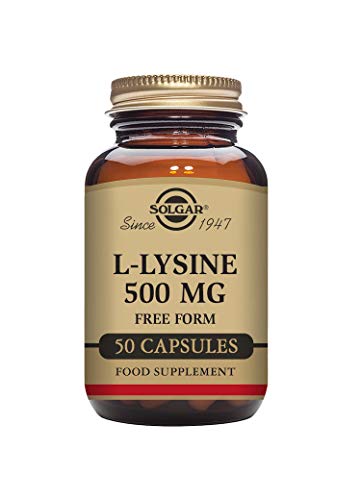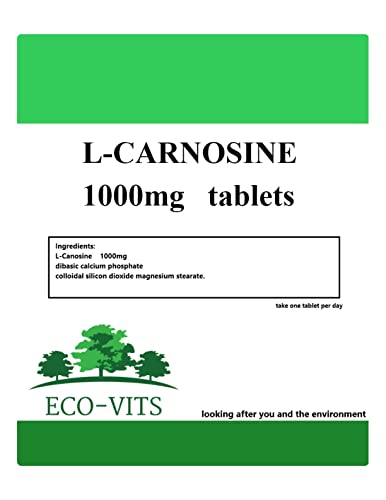What is Glutamine? Understanding the Basics of This Vital Nutrient
Defining Glutamine
Glutamine is an amino acid that plays a crucial role in our body’s physiology. It serves as a building block for proteins and is particularly significant for muscle recovery and immune function. When we engage in intense exercise, our body’s demand for glutamine increases, highlighting its importance as a ‘conditionally essential’ nutrient, meaning under stress or during illness, our need for it surpasses our body’s typical production.
The Role of Glutamine in the Body
This amino acid is primarily found in skeletal muscles, making it vital for those looking to improve muscle recovery post-exercise. Glutamine helps transport nitrogen to various parts of the body, which can aid in tissue repair and regeneration. Additionally, it’s involved in maintaining gut health and has a significant role in the functioning of our immune system, acting as fuel for immune cells.
Benefits of Glutamine: How It Supports Your Body and Performance
Muscle Recovery and Performance
One of the most notable benefits of glutamine is its ability to enhance muscle recovery following strenuous workouts. By replenishing depleted levels of this amino acid, athletes may experience less soreness and improved performance in subsequent training sessions. This is particularly beneficial for those engaging in high-volume training or endurance sports.
Supporting Immune Health
Glutamine also plays a role in supporting our immune system. During times of physical stress, such as intense exercise, levels of glutamine can drop significantly, which may compromise immune function. Supplementing with glutamine can help maintain these levels, potentially reducing the risk of illness and promoting overall health.
Gut Health Improvement
Another area where glutamine contributes is digestive health. It helps maintain the integrity of the gut lining, which can prevent leaky gut syndrome. By supporting the cells that line your intestines, this amino acid aids digestion and nutrient absorption, making it an important factor for overall well-being.
Choosing the Right Glutamine Supplement: Key Factors to Consider
Types of Glutamine Supplements
When selecting a glutamine supplement, we find several forms available on the market, including powder, capsules, and tablets. Powdered forms can be easily mixed with drinks and are often favoured for their flexibility in dosage. Capsules and tablets might be more convenient for on-the-go use, so consider what fits seamlessly into your routine.
Consider the Purity and Ingredients
It’s essential to check the ingredient list and look for pure L-Glutamine without added fillers or unnecessary ingredients. Quality matters, so opt for reputable brands that source their ingredients responsibly, ensuring you get a product that delivers genuine benefits.
Dosage Recommendations
Dosage can vary based on individual needs and fitness goals, but a common range is between 5 to 10 grams per day. If you are just starting with supplementation, beginning with a lower dose can help your body adjust. Always consult with a health professional for tailored advice.
How to Incorporate Glutamine into Your Daily Routine for Optimal Results
Timing Your Intake
To maximise the benefits of glutamine, consider taking it shortly after exercise when your muscles are primed for recovery. Alternatively, some individuals find taking it before bedtime beneficial, as it may enhance overnight recovery and growth hormone release.
Mixing Glutamine into Your Diet
Integrating glutamine into your diet can be straightforward. We can add glutamine powder to smoothies, shakes, or post-workout drinks. This not only enhances the flavour but also ensures you’re receiving its benefits without much fuss. Additionally, glutamine is present in foods like beef, chicken, fish, eggs, dairy products, and some plant-based sources, so including these in your meals can be helpful.
Monitoring Your Progress
As with any supplement, tracking your response is vital. Pay attention to how you feel in terms of recovery, energy levels, and overall health. This will help you evaluate whether glutamine is a beneficial addition to your routine. Keeping a journal can help you log your experiences and make adjustments as needed.




